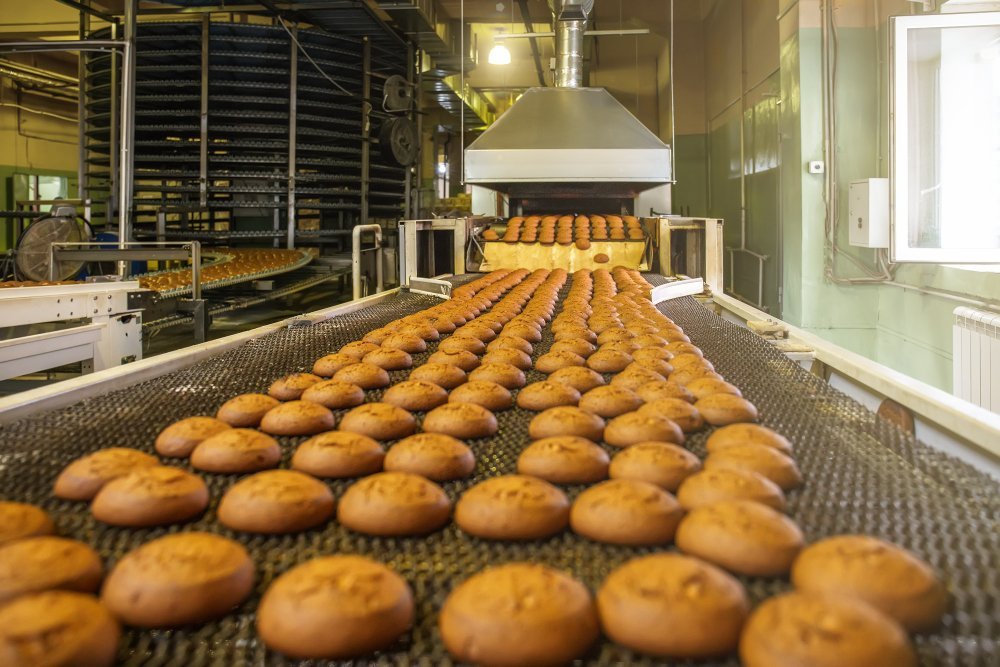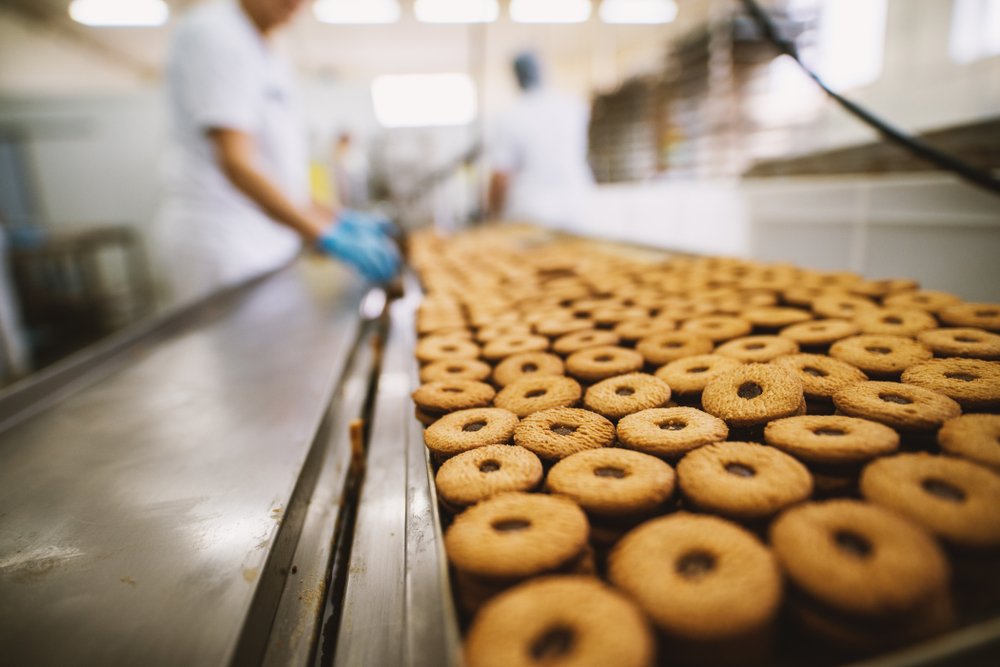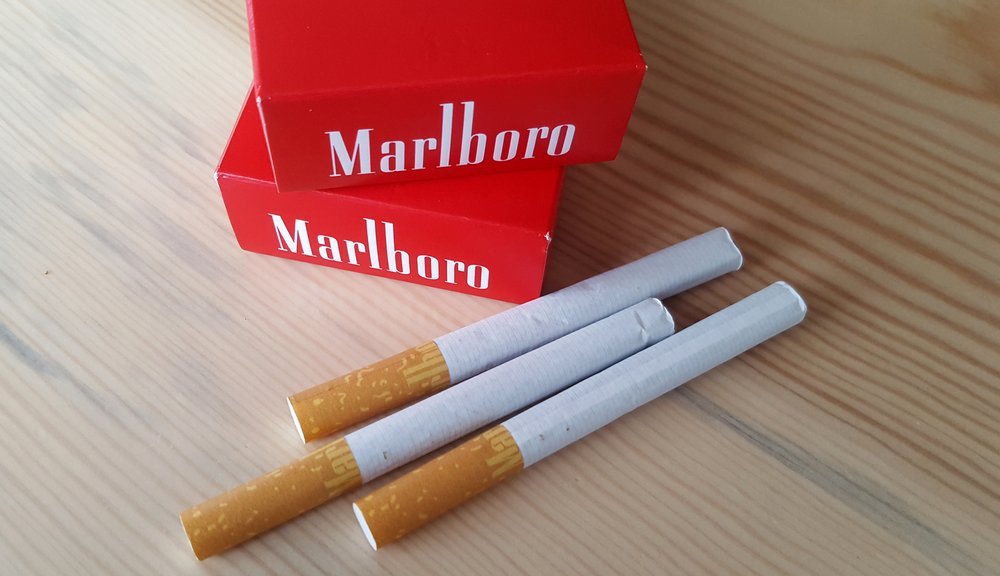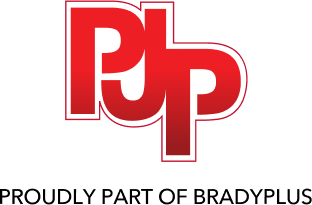
Big Tobacco & Big Food Have More in Common than You Think
Manipulation of the market and public opinion have long been schemes used by big industries to maintain their place within the “free market”. Some industries, such as tobacco, are so brazen that everyone is aware of their tactics. However, the food industry has applied the same devices in a more reticent manner and is much more worrisome to the collective health of our country. For instance, the food industry has spent millions in order to manipulate public opinion. Thanks to now public documents, the industry leaders behind our nation’s food production have been caught buying favorable scientific results related to their products and suppressing condemning conclusions.

Nothing but The Facts
Three disturbing facts should always be at the forefront of America’s consciousness. The first being that the United States is one of the fattest nations in the world. The second, that we are dying at an alarming rate due to the often preventable, diet-related diseases referred to as “western diseases”. Thirdly, most processed foods produced in this nation are both high in calories and low in nutritional value. The companies that manufacture these foods, known as “big food”, are doing everything within their power to disassociate their products from our nation’s health concerns.

UCSF Live
Doctor Cristen Kearns is the perfect example of how an individual with passion and commitment can make a massive difference. Her interest in the current representation of food within our society peaked after attending a health conference in 2007. That evening’s keynote speaker, addressing a room full of health professionals, referred to Lipton’s Brisk sweet tea as a “healthy” alternative to soda. That delusional comment presented as fact was a red flag to Dr. Kearns and became the catalyst for everything she’s done since.

Shortly after attending the conference, Cristen began her search through studies conducted by the sugar industry. Dr. Kearns eventually stumbled upon an archive that included private memos and letters that had been donated by the now inoperative Great Western Sugar Company. Like a modern-day Erin Brockovich, Dr. Kearns has doggedly continued her search, continuing to turn up new information all the time. With the help of like-minded individuals, Kearns went on to create the UCSF Food Industry Documents archive, which includes thousands of articles revealing the industry’s real impact on our nation’s current food policies.
Hand in Hand
Alarming links between the food and tobacco industries can be traced back to 1950 and possibly before. Letters addressed to the Tobacco Industries’ Research Committee from the head of research at the Sugar Research Foundation, Robert Hockett, were recently uncovered. In his letters, Hockett cites some of his achievements within the sugar industry, including organizing research projects in universities, hospitals, and medical schools “that exonerated sugar” and asserted that his approach might be useful to the tobacco industry. Robert Hockett was later hired as the tobacco industry group’s assistant science director.

Around 1980, tobacco companies such as Philip Morris started to “expand and diversify”, snapping up food and beverage companies across the country and systematically transferring employees, business practices, and technology from big tobacco to big food.
Recently, Russian hackers made public emails showing that Coca-Cola donated over $1.5 million in 2014 to the nonprofit Global Energy Balance Network to promote the idea that exercise played a greater role in public health than what the public ate or drank.
Dr. Kearns and her colleagues continue to uncover documents that reveal the sugar industry meant to cast doubt on the emerging proof linking sugar to heart disease and bladder cancer.
“In epidemiology, you are taught that the first step to controlling
– Laura Schmidta disease is to understand the vector, the agent that transmits the disease. Arguably the vector of obesity in America is food and beverage companies.”
This Little Light of Mine

With 19 million documents concerning the tobacco and food industry now online, additional links between the industries are sure to be found. Researchers hope that their findings being made available and free to the public at large will help shine a light on the rampant manipulation of both facts and science presented to the public. Invitations are no longer sent to the tobacco industry when meetings are held concerning policies and regulations within their industry. We can only hope that food and beverage corporations will be next to lose their seat at the table.


1 Comment
a bunch of thanks to this informative article. The insights you provided are awesome. More power to you!
Write a Comment
Categories
Recent Posts
Popular Posts
Join thousands of other operators in receiving valuable weekly insights and cost-saving tips delivered straight to your inbox.
Subscribe to our blog!